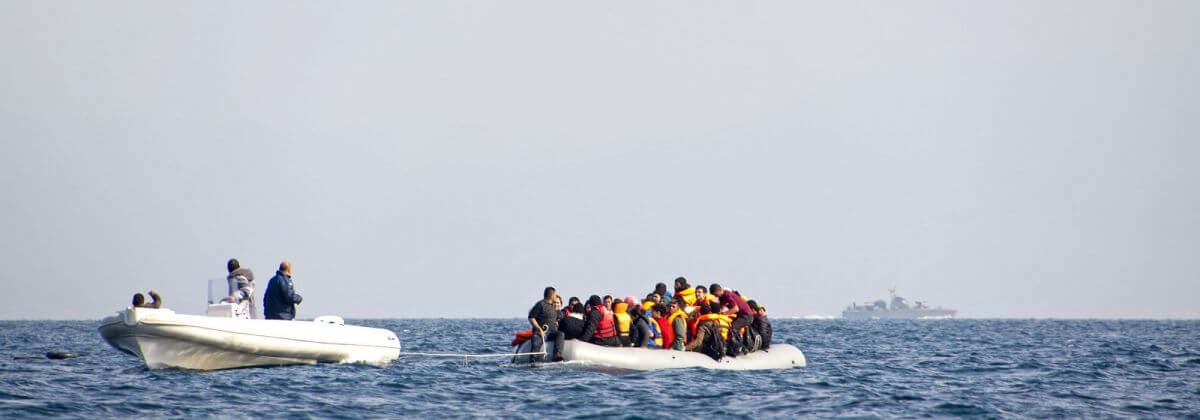Home Secretary’s response to surge in Channel crossings may have been good TV but does not amount to a policy

January 04, 2019
The Government’s response to the recent surge in clandestine Channel crossings has been thoroughly inadequate.
We recommend the following steps to tackle the situation:
- The Home Secretary should push the Tribunal Procedure Committee to accelerate its consultation and ensure that a revised Detained Fast Track mechanism is implemented as soon as possible.
- All migrants arriving by dinghy or being picked up at sea should be immediately detained and their asylum applications processed in detention. This would help to deter people from attempting the crossing.
- The Danish Prime Minister has suggested reform of the 1951 Refugee Convention to discourage onward movement by asylum seekers. The UK Government should support this.
- There are a number of routes that allow the regularisation of illegal immigrants. It has been estimated that 20,000 illegal immigrants and their dependants have had their status regularised each year over the past five years. These routes should now be closed as they are a clear incentive for illegal migrants to stay on.
Former senior Home Office officials have estimated that there are already more than a million illegal immigrants in the UK, while Migration Watch UK has estimated that the illegal immigrant population is likely to be increasing by at least 70,000 each year. Of these, around 8,500 per year are failed asylum seekers who refuse to leave the country.
The Home Secretary is of course right to point out that France is a safe country yet one reason that a significant number of migrants are keen to travel from France to the UK clandestinely is that they know they are very unlikely to be sent back.
The failure to remove those who no longer have any right to be here is partly due to the suspension of the previous Detained Fast Track as a result of court rulings. Fast-tracked cases could be completed within 12 working days from the initial decision until the conclusion of their First-tier Tribunal appeal. A Parliamentary Question in July 2018 revealed that the Tribunal Procedure Committee is holding a consultation before making a decision on whether to introduce a new form of this policy. Action on the matter is urgent.
Attempts to address this issue are not helped by the fact that funding for immigration enforcement in the UK has been cut by more than £32 million, from £463.5 million, over the past three years.
Iran, from where a significant number of recent clandestine arrivals have originated, will not normally allow people to return unless they have a passport. This is a serious problem given that many clandestine arrivals and false asylum claimants destroy their documentation in a bid to frustrate the removals process.
So any Iranian who reaches our coast can be almost certain that he or she will be able to stay, with very little likelihood of removal even if the asylum claim is false. This risks becoming a pull factor for more attempts to cross the Channel.
Commenting, Alp Mehmet, Vice Chairman of Migration Watch UK, said:
We need less theatre and more action, including on the legal framework, to deter illegal immigration which over three-quarters of the public see as a serious problem facing the country.
Note to Editors
- According to a 2018 Project28 poll, 77% of Britons surveyed identified illegal immigration as a serious problem facing the country.
- There were just over 30,000 recorded attempts to illegally enter the UK from Northern France in 2017 (Parliamentary Answer, September 2018).
- First Vice President of the European Commission Frans Timmermans previously highlighted unpublished Frontex data which suggested that, of 120,000 migrants who arrived in the EU in December 2015, 60% were economic migrants who were not entitled to asylum or humanitarian protection.
